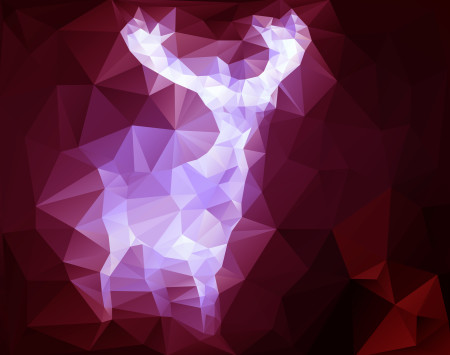
14 Apr Our digital selves
We used to be creatures of flesh housing a consciousness and a soul: Homo Sapiens.
Increasingly, that seems less and less as a valid assumption… What if we are no longer Homo Sapiens? What if our species has already evolved? I know; this is nothing particularly new: Homo Digitalis, Homo Technologicus, it can have so many names…
My father passed away recently after a long illness. To prepare him, myself and the family for this moment, I used the past three years to get some stuff done. I asked him to write about his life, compiling three volumes of his stories and photographs. I cataloged his art – many of his drawings and paintings, some of his murals and sketches, his teaching curricula and notes. I photographed, filmed and recorded him having regular conversations.
The silliest action – and the one I really pat myself on the back for doing – was this: two years ago, as I was driving through town obeying my GPS, I wondered if I can replace the generic voice on my navigation system with my dad’s voice – in Romanian, nevertheless, because my dad is/was Romanian. Without getting into details, let’s just say that I managed to do that in the nick of time.
Today, I drive unknown streets and listen to my dad guiding me – a fresh conversation each time. It is a limited conversation, for sure; but it is nevertheless, a new and reality-responsive interaction. My behave and I hear my dad react; and then my behavior adjusts, and my dad reacts again, and so on.
As a species, we never had digital selves before – it is a new evolution, a new dimension. Nowadays we have bodies, a mind, a soul, PLUS a digital self. It is an augmentation. It is part of us – subject to growth and transformation, to injury and manipulation, just like any other part.
I thought about dad’s unique voice – and I realized that when the flesh is gone, and the soul is gone wherever the soul goes, and the consciousness goes… wherever it came from when we were conceived, our digital selves remain behind. Just like the rest of us, some digital selves are skinny and some are gigantic, some are shy and some are boisterous and no two are alike.
They are both incredibly fragile and deeply resilient – and one might say, immortal. Certainly having dad guide my path (literally) beyond his physical death opens the door to countless questions…
And that takes me to another facet of this reality as I feel it is important to share this with my child. I start to understand with a pressing urgency that it is critical to make young ones understand that care for the digital self is as important as care for the body, the mind and the soul.
Whatever your philosophy on how the digital self should be cared for – and there are about as many schools of thought on this as nutritional perspectives – I feel that the most important part is to HAVE an articulated philosophy of any kind and share it with the ones we care about.
We are connected to the digital self – it is a sixth sense. It gets excited; it really hurts when people punch it online; it gets sad when subjected to certain things; it gets overwhelmed when overexposed; and it gets addicted. Our digital self is hooked into every other part of our selves – it is as real as our bodies, and our environment is being molded to serve it, to please it, and to exploit it.
I am exhausted just thinking about it, for here is yet one more incredibly important thing to protect, educate and capitalize on… Enriching and amazing as it is, I feel as if it wasn’t enough to worry about education of the mind, providing for the body and nurturing the soul; now there is this whole not-so-new dimension to worry about at the individual level, and as a society.
And yes, this does not have much to do with philanthropy or creating change – unless you count the change itself. It just felt like something I wanted to talk to you all about.
